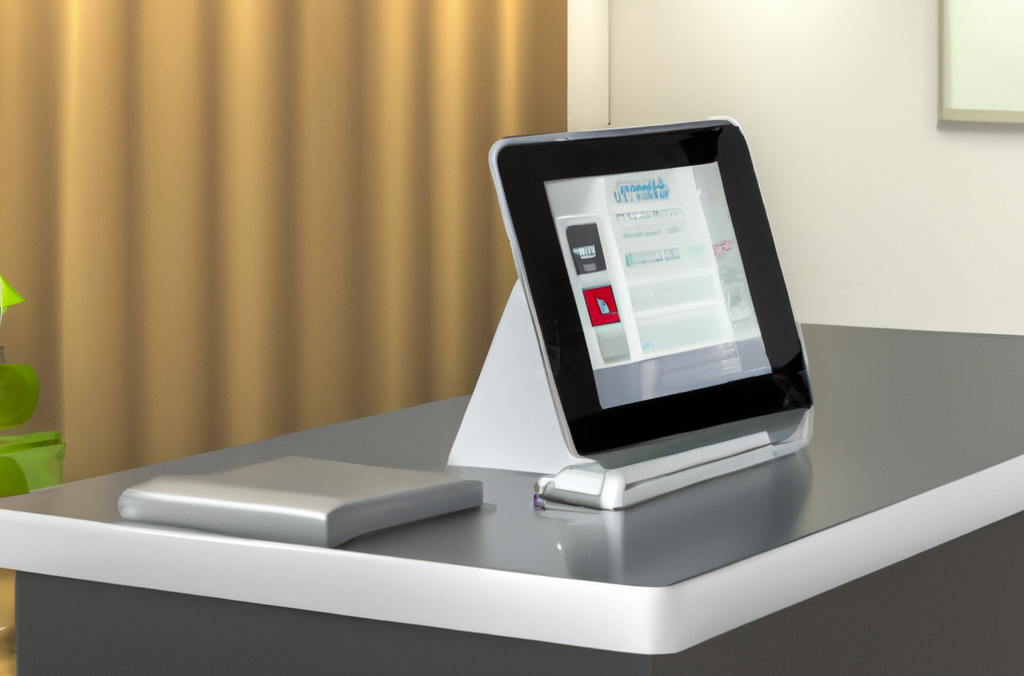Interview with Robert Petrusz of Bull City Coworking | Greetly

 Robert Petrusz has a prediction about the way that coworking spaces may eventually shape how cities are perceived.
Robert Petrusz has a prediction about the way that coworking spaces may eventually shape how cities are perceived.
“In time, having a diverse ecosystem of coworking spaces in a town could be important just like having a really diverse set of restaurants, and a diverse set of arts opportunities,” Petrusz said in a recent interview. According to the 46-year-old founder of Bull City Coworking in Durham, N.C., having a variety of appealing coworking spaces will “be important to a town’s identity as a place where you can have a really good quality of life.”
This may not surprise coworking enthusiasts, who are familiar with estimates that 65 million Americans — 40 percent of the labor force — may be working as independent contractors or solo entrepreneurs by the end of this decade. The sundering of employment from the 9-to-5 office job is so significant that Petrusz calls it the biggest demographic shift since the industrial revolution.
But Petrusz, who launched Bull City Coworking in 2012 and relocated to a larger facility in downtown Durham later that year, sees coworking spaces playing a factor in life decisions in ways that the casual observer might have missed. He knows people planning moves who make appointments with real estate agents to “explore the neighborhoods, learn about schools, look at houses and visit all the coworking spaces. They’re making the decision about where to live partly based on what they discover in the grassroots coworking communities, because they perceive that that’s where the real, authentic nature of the community can be found.”
The prospective residents Petrusz has seen scoping out the coworking scene in Durham are doing the very same in other possible destinations, including Austin, Orlando and Nashville.
Petrusz, a self-described “IT guy” whose previous experience includes work in academic and startup tech company settings, is happy to show off his space’s amenities, which include power outlets, wifi that he calls “the fastest available in town,” Greetly digital receptionist and rooms for group presentations, small team gatherings and telephone calls. But he seems to take the most pride in having assembled a community out of people who are working in different fields but still enjoy having a set of colleagues.
“It’s surprised me how patient and understanding and loyal our members are when they see that we’re all sincerely trying to create something of real value for each other and four our neighborhood,” Petrusz said.
One of Bull City Coworking’s members is Teresa O’Rourke, a higher education consultant who joined the space about nine months ago, not long after she moved to Durham. When asked what she enjoyed about her membership, she was quick to mention the colleagues who share the space.
“It’s a great community — it’s fun,” O’Rourke said. “I’m working with Robert and another member on sort of this ad hoc project just because we got to know each other. It’s wonderful.”
Written by Matthew E. Milliken




